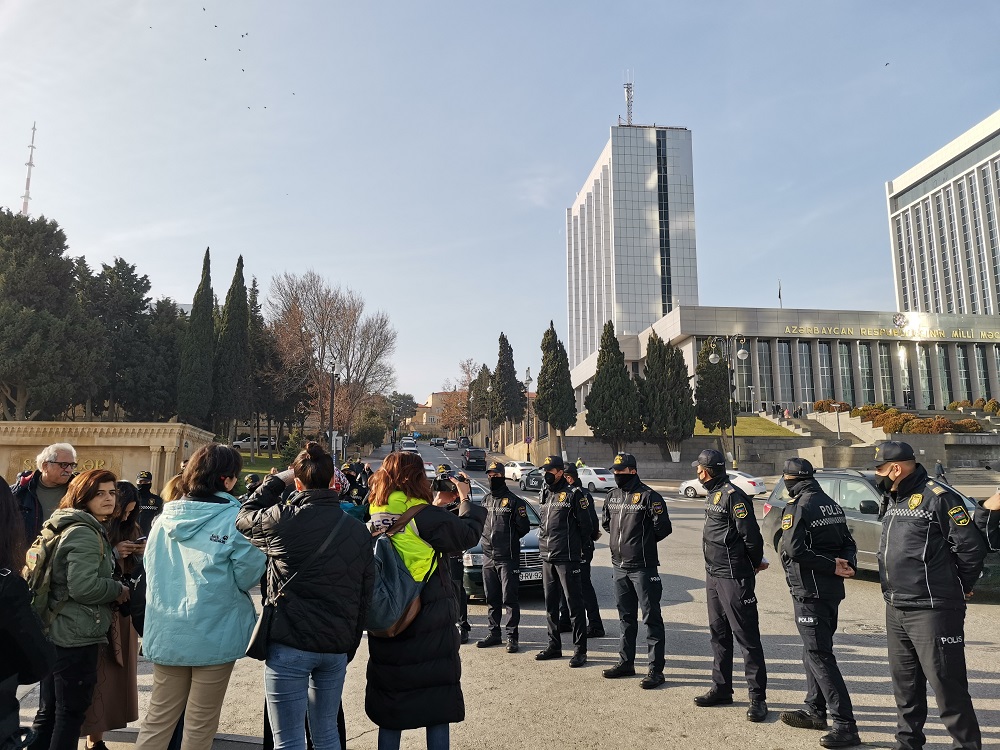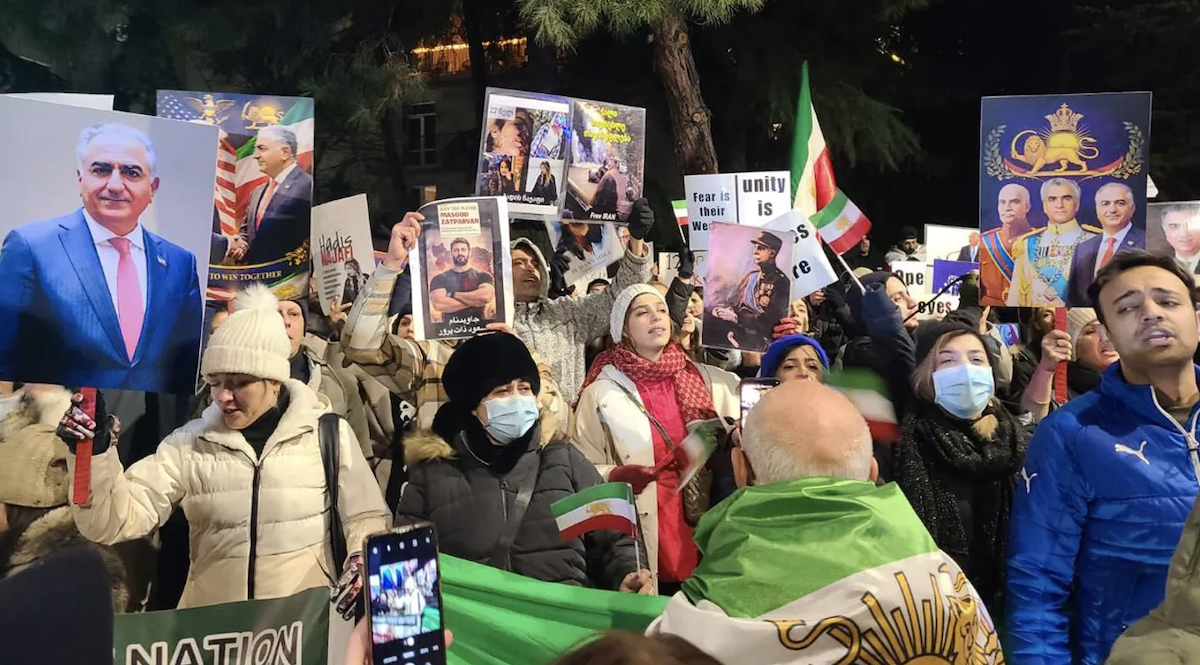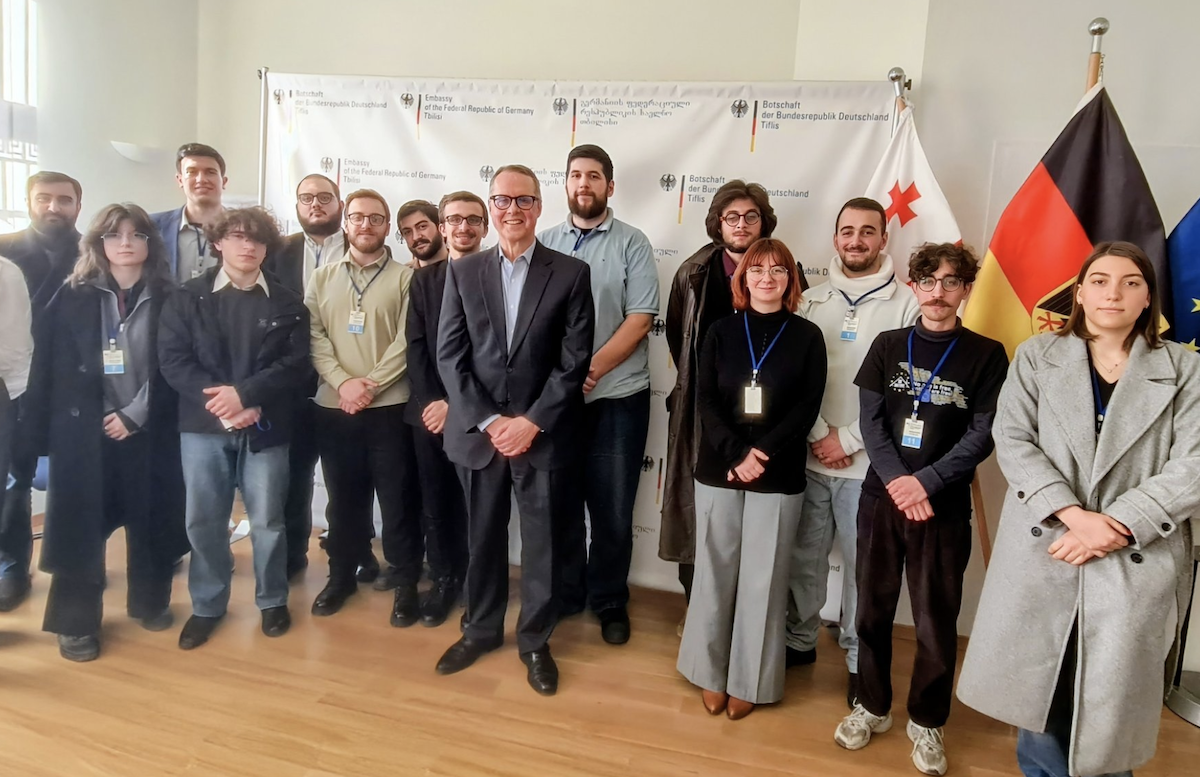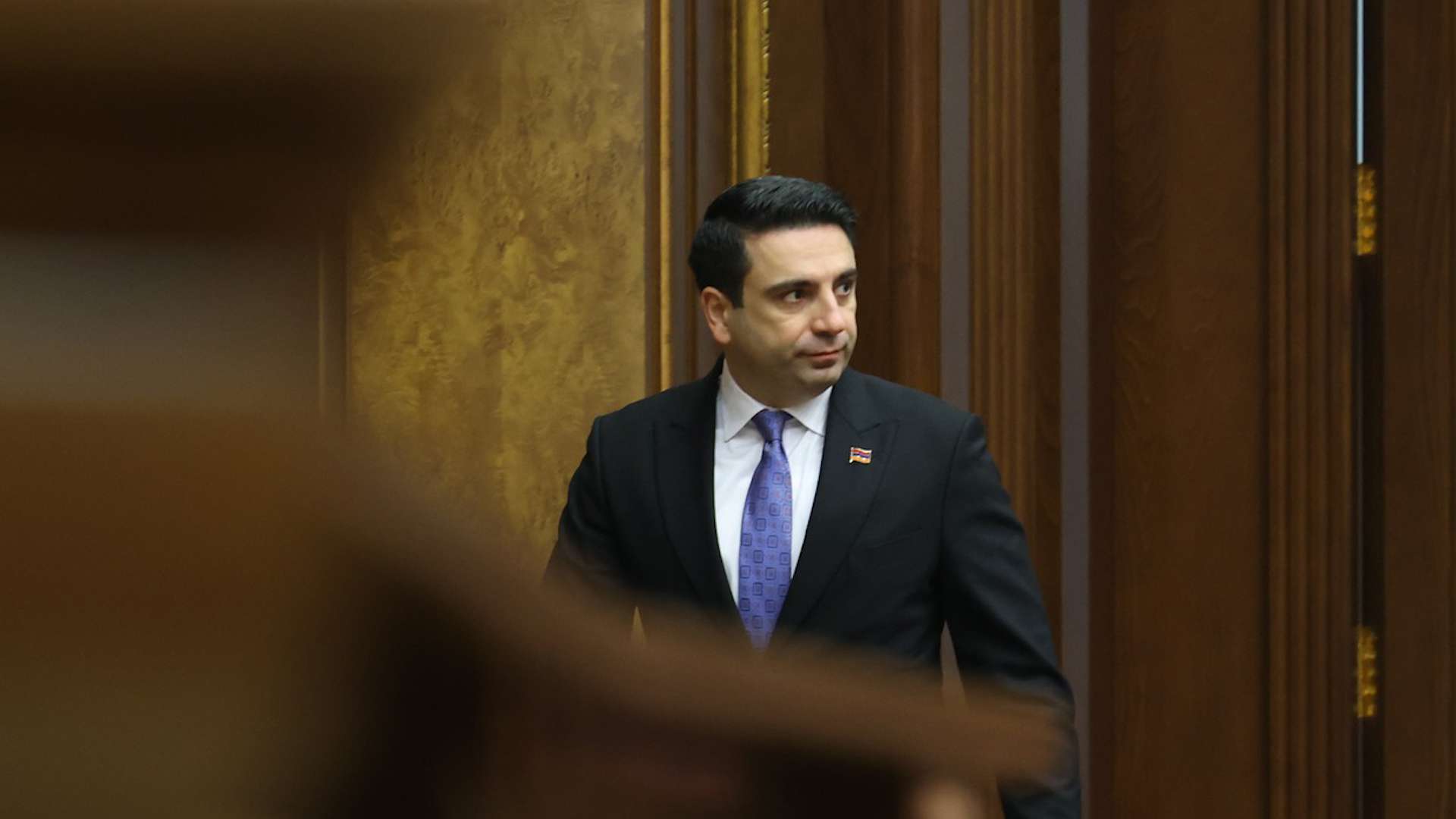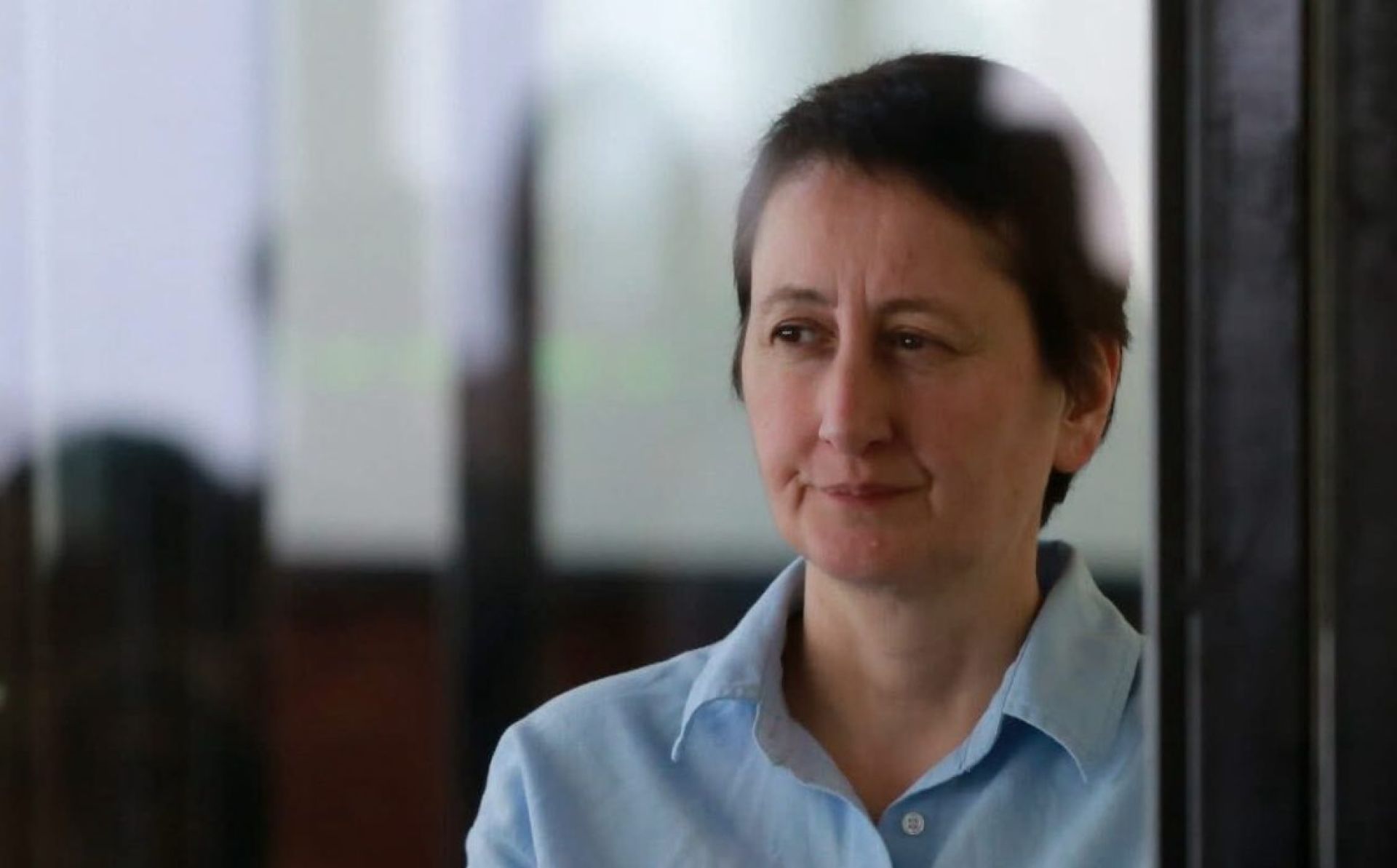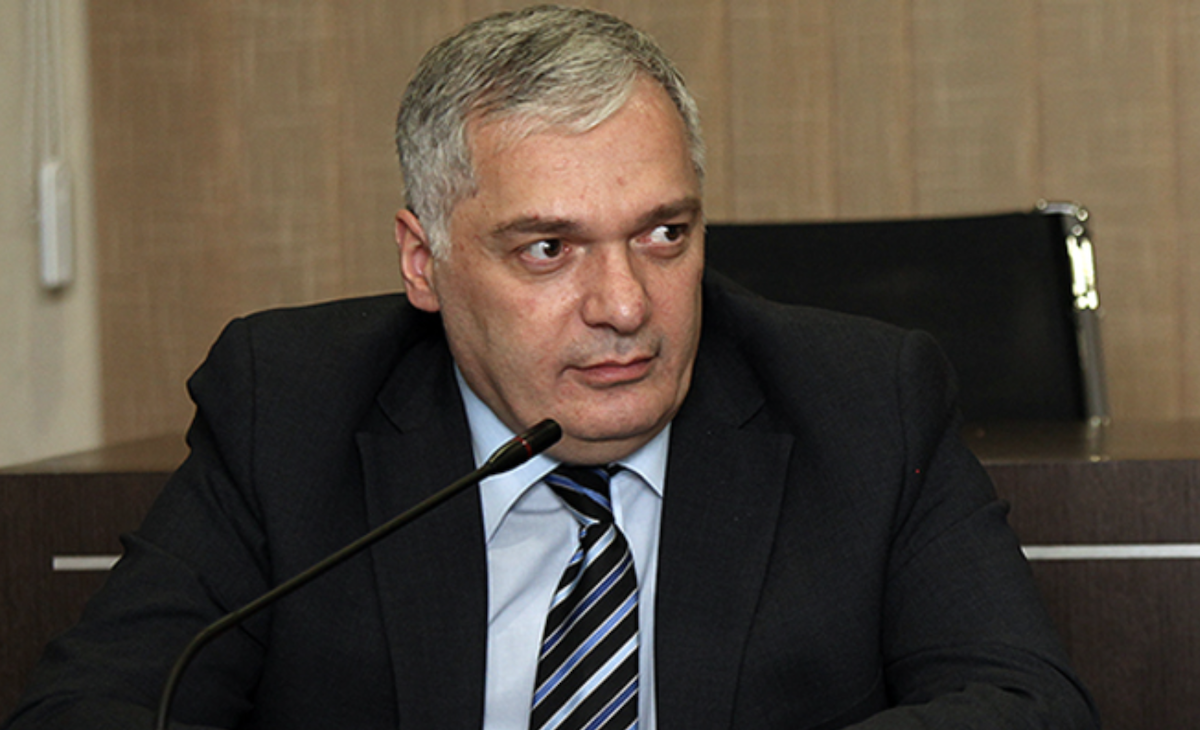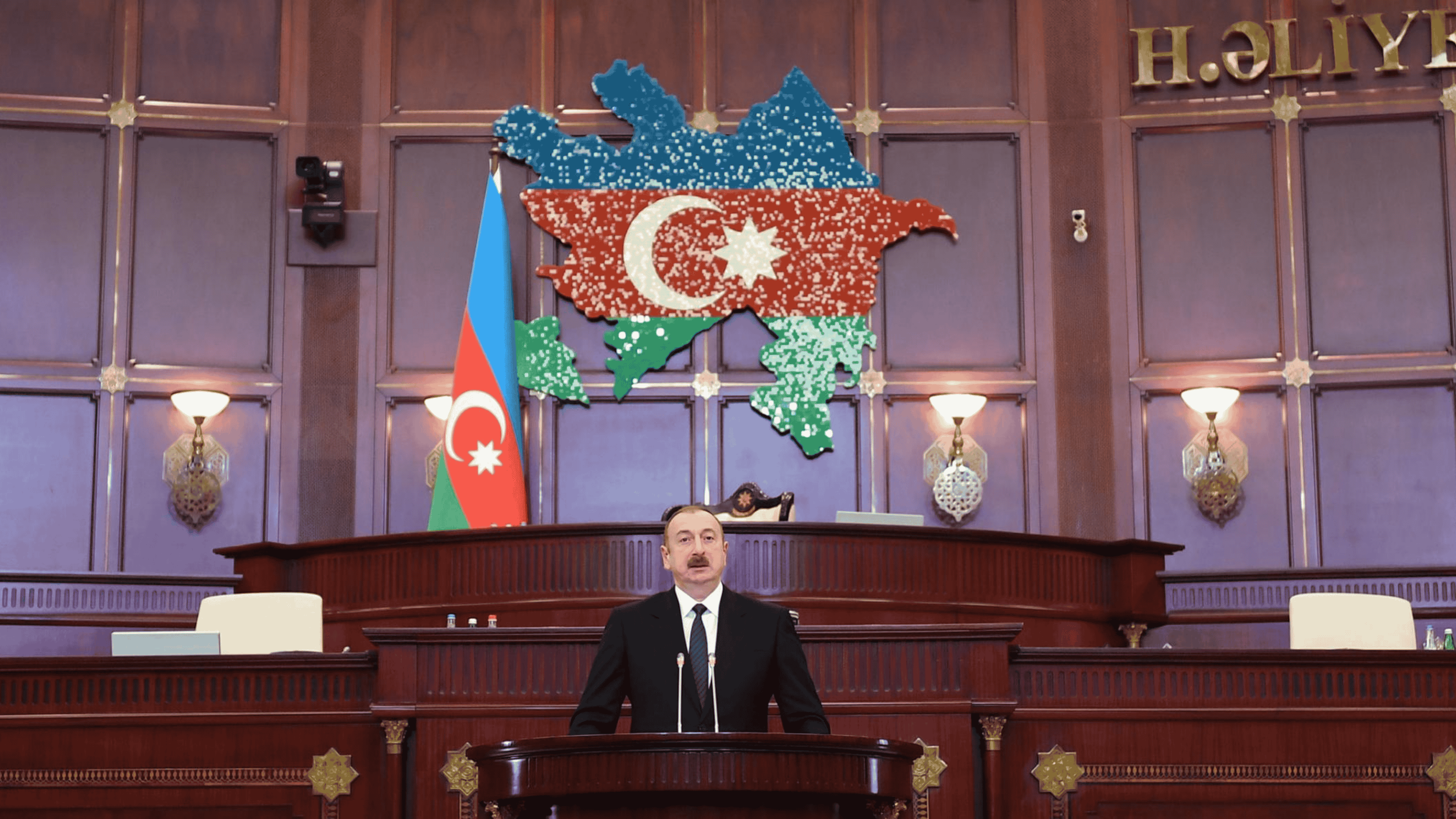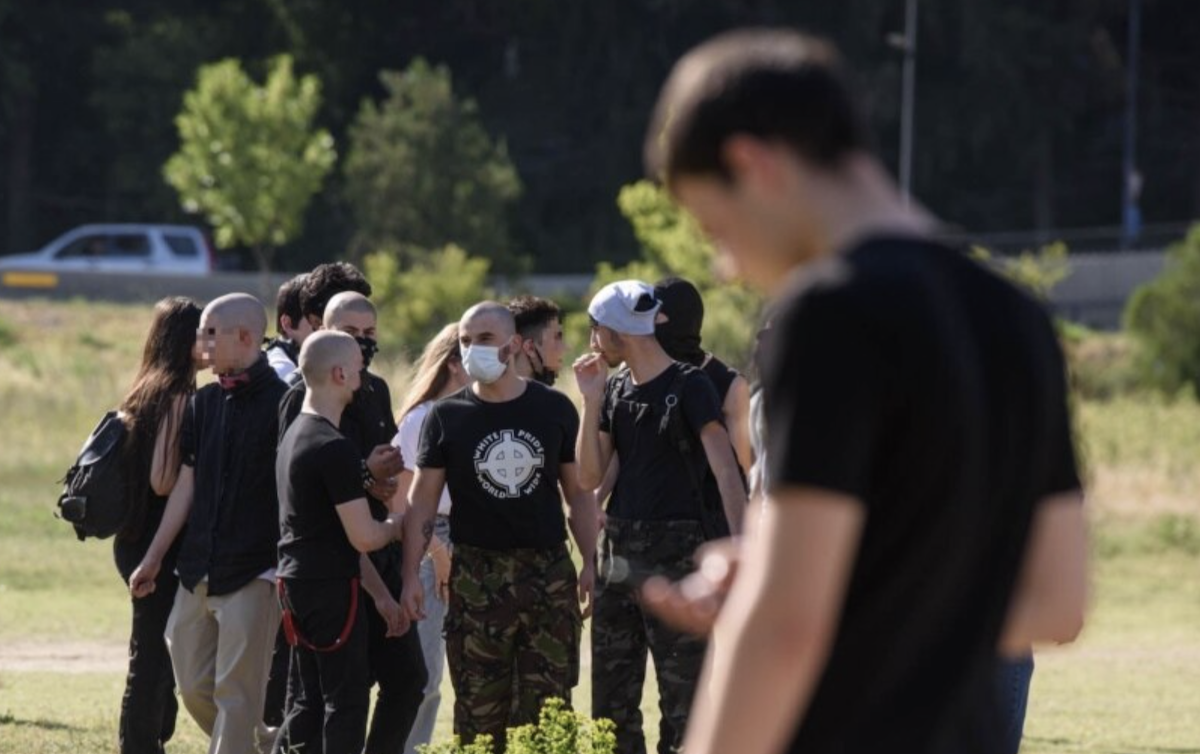Azerbaijan adopts law "On media" - independent journalists explain what it means for press freedom
Despite all the protests of independent journalists, the Azerbaijani parliament passed the law “On Media” after the third and final reading. This document practically prohibits the activities of independent media in the country. JAMnews asked independent journalists how they are going to continue their activities, now that they are “outlawed”.
The Milli Mejlis (Azerbaijani parliament) adopted the Law on Media. The document will come into force after the president of the country signs it.
This law practically prohibits all independent media from operating in the country. According to the articles of the document, after it comes into force, the media in Azerbaijan will count only those publications that have been registered with the state MEDIA agency. These media and all their employees will be included in the so-called “media registry”.
- Political crisis and pro-Russian sentiments – Ukranian journalists assess Georgia’s political realities
- Guilt for two: why Armenia and Azerbaijan should admit their mistakes
Media outlets not included in this registry, as well as their employees, will not be officially considered a part of media sector and journalists, respectively. In other words, they will be “outlawed”. It should be noted that journalistic certificates will also be issued by the said state agency.
JAMnews learned the opinions of independent journalists about the adopted law and asked them one question: “How do you plan to continue your activities in such conditions?”
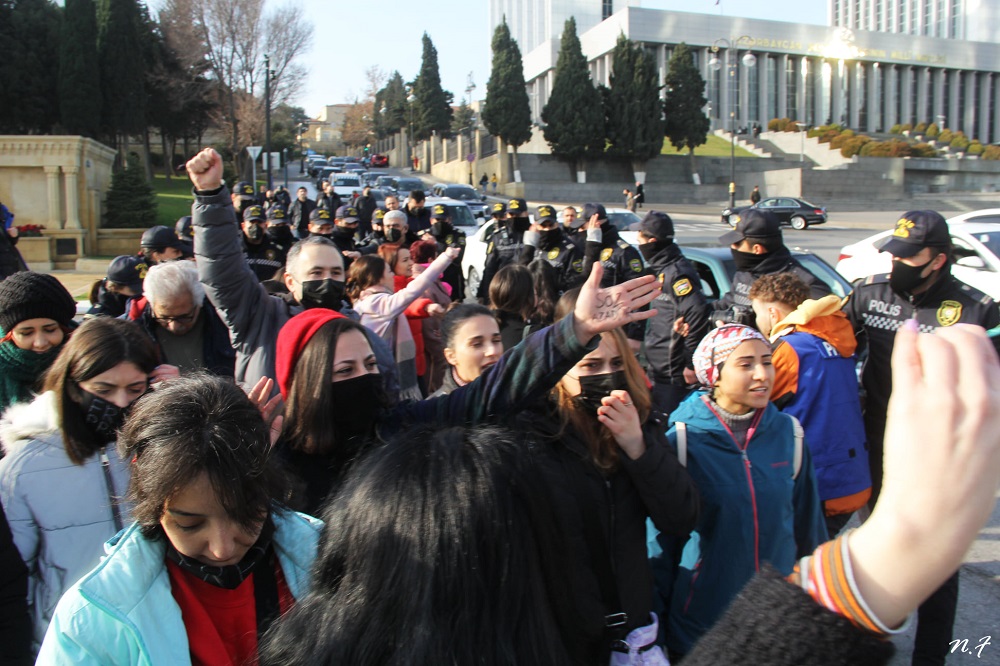
Huseyn Ismailbeyli:
“The adopted law contradicts all conventions on freedom of speech and information. I hope it will be possible to solve this problem in the legal field. It may even go so far as to threaten the expulsion of the country from the Council of Europe, we have already gone through this. However, this will only be the case if the Council of Europe itself wishes it. Recently, the concept of democracy has been slightly deformed, and sometimes it has become not entirely possible to predict the actions of democratic institutions.
The document, adopted in parliament today, virtually monopolizes the media in the hands of the authorities. But in our time, it is impossible to do this in practice a priori. With such a development of information technology, it is ridiculous to talk about the possibility of total control over the media.
For example – the authorities have blocked a well-known independent website in Azerbaijan. This portal is still inaccessible without the use of a VPN. But at the same time, the authorities willingly invite its employees to press conferences, trips to the liberated territories. This is Azerbaijan, not everything is so easily predictable here. Let’s see what happens next.
And, of course, we will continue our work. There cannot be such a question for us”.
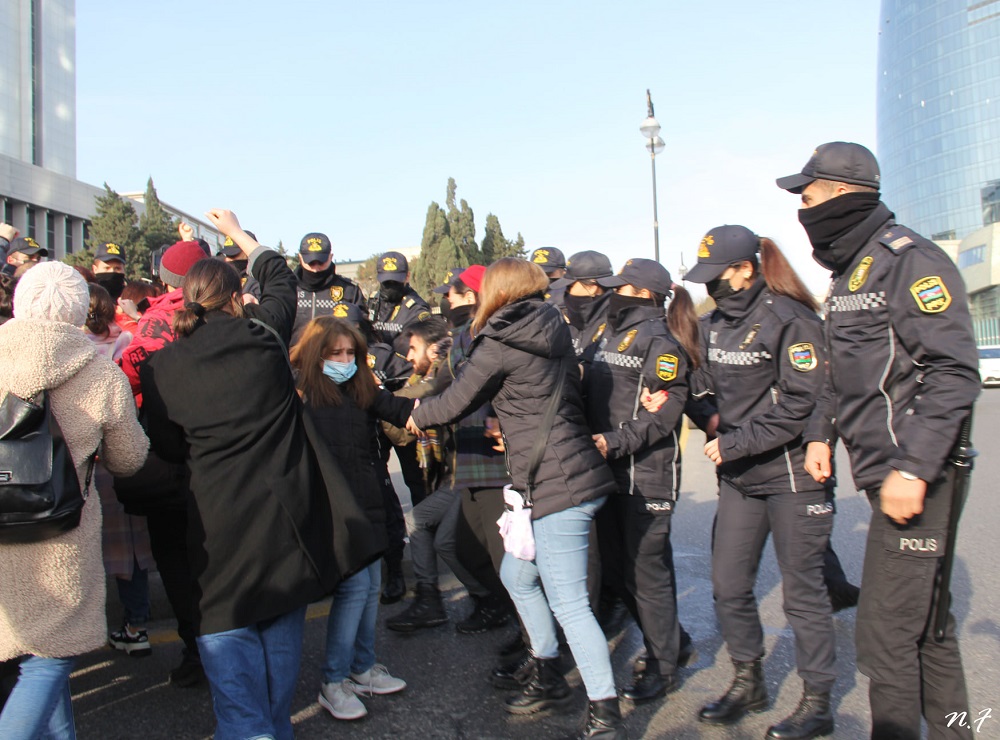
Aynur Elgunesh:
“These rules were already applied to us, bypassing the previously existing law. We could not get accredited, were not allowed to attend press conferences, etc. We will continue to work just like we have been working before.
Once upon a time they did not even pay attention to us, did not respond to our requests. If this continues, we will be forced to publish materials with a note that the official bodies did not respond to our requests.
Be that as it may, we will not change anything in our work at the request of the authorities”.
Shahin Rzayev:
“I can’t understand why the authorities needed this ‘draconian’ law. Adopting new laws or making amendments to old ones is relevant for countries where, even under an authoritarian regime, more or less independent courts (for example, Turkey) exist. In Azerbaijan, there can be no talk of any independent judiciary.
If even under the old law on media, sites were easily blocked, newspapers were closed, journalists got arrested for far-fetched reasons, why was it still necessary to adopt a tougher law and thereby attract the attention of the whole world?
It is especially upsetting that this law was adopted in parallel with statements on guarantees of the observance of the rights of all Azerbaijani citizens of Armenian nationality in Karabakh. Now, in order for them to publish a newspaper in their native language, they will have to get the go-ahead from the local authorities and get included in the so-called “registry” in Baku. I think that the Karabakh Armenians have received an excellent trump card in future negotiations, and will insist that integration into the Azerbaijani society with such laws is impossible”.
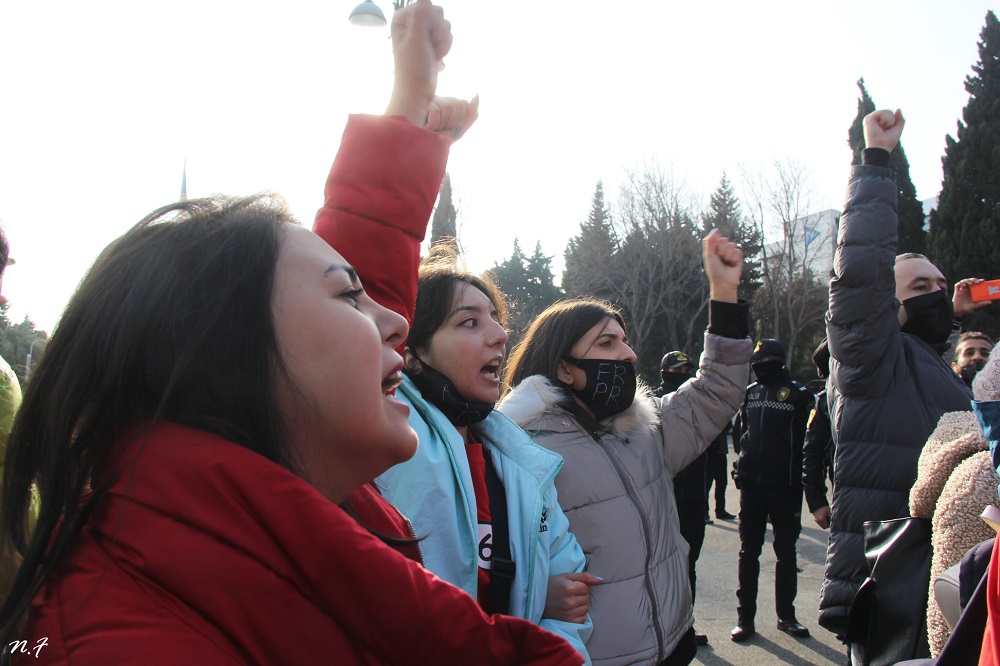
Freelance journalist who wished to remain anonymous:
“It will be very difficult for those independent media who worked ‘legally’ with registration and certificates. I am very interested in how the local branches of large media with a worldwide reputation will get out of the situation. Some Azerbaijani media will probably go into the shadows.
I just have to greet them in our small club of journalists who are filming and writing, all the while pretending that they were just passing by. We have been working like that for a long time. I also urge my colleagues to get a little more creative and find new ways to get around the new restrictions, apparently, this is what the situation calls for”.
Sevgi Ismailbeyli:
“Problems have always been created for independent journalists in Azerbaijan. Under the old law, journalists were also detained during filming and subjected to violence. Despite all this, we continued our work.
What will happen now, we do not know yet. But this law takes away the rights of both independent journalists and society.
The country’s constitution provides freedom to receive information. State censorship in the media is prohibited. We will continue to cover events in the country impartially and objectively”.
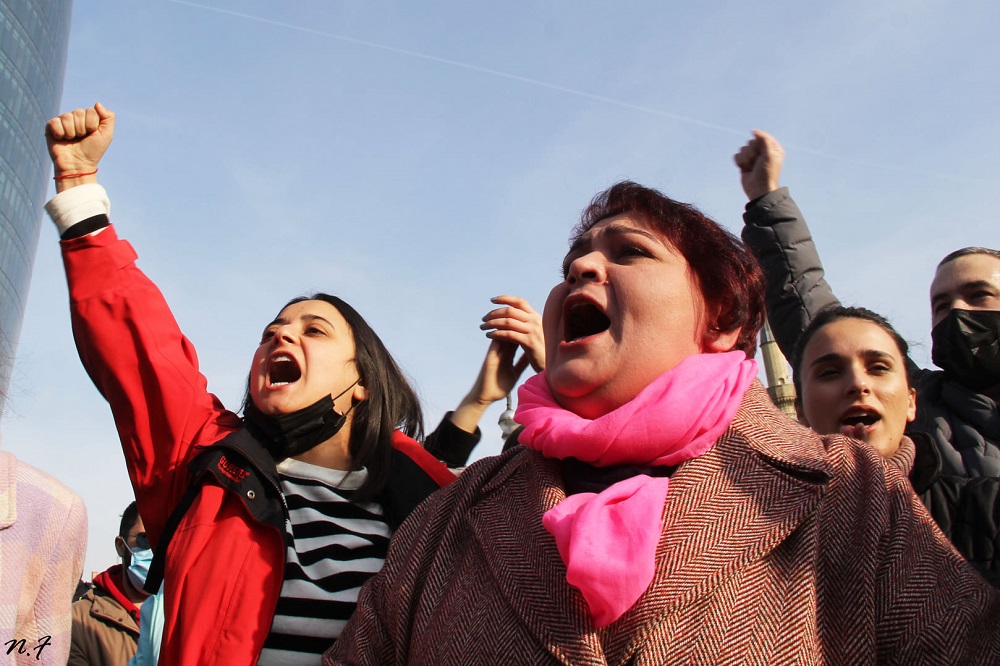
Nargiz Absalamova:
“I think that I will continue to work in the same way as I have been working until today. If I get detained, I will go to court. This law contradicts international conventions, which are signed by Azerbaijan. Therefore, I will complain as much as is necessary. Even if I have to work underground, I will continue my work”.
Ulviyya Ali
“This law contradicts our constitution. We are deprived of the right to receive information. They want us to cover events in the language they like, within the framework that they set. However, by creating bureaucratic barriers, they will not be able to force independent journalists not to cover events realistically.
We do not recognize this law, which is contrary to the constitution and will continue our work in an even more professional, principled and impartial manner.
Before that, independent media which the state did not like were blocked, but they all continue to work. Likewise, no obstacles can stop us”.
Elmaddin Shamilzade
“The law has been adopted, but it is not yet known in what form it will be implemented. But, regardless of this, as I have worked until today, I will continue to work – without fear.
Of course, it will be difficult. But I think that if I am a journalist, then I should not limit my activities due to some legal process. On the contrary, my colleagues and I should be even more daring”.
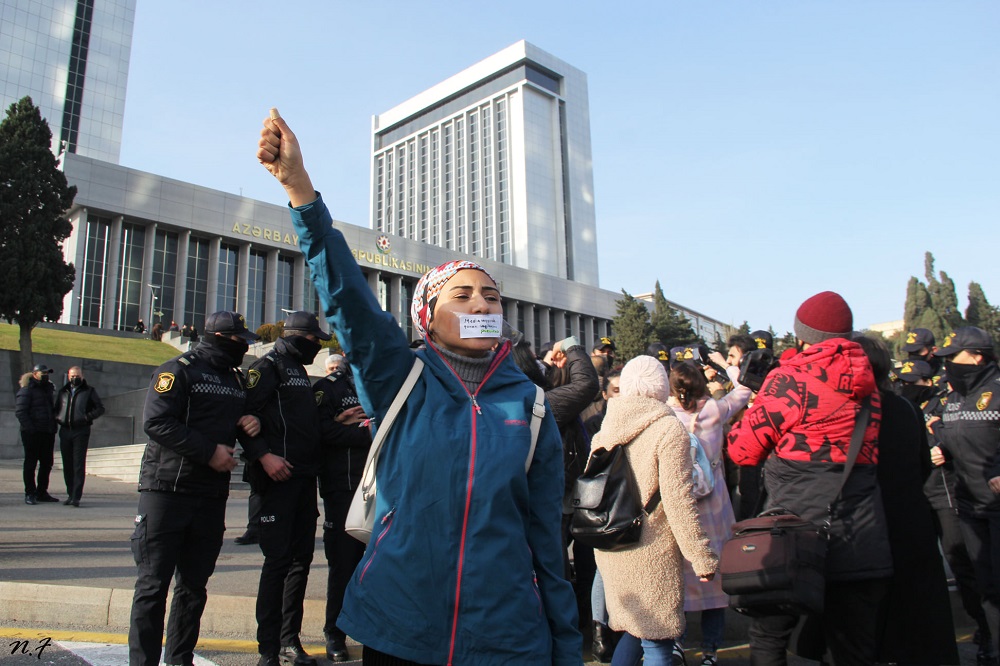
Amina Mammadova
“As it was before December 30, so it will continue. But it is not yet clear what will happen after the adoption of the law. Journalists may be fined or arrested.
But despite all this, I will continue my work. I don’t know how, but I will do what I did before”.
Samira Ali
“I will continue my activity. I think that if all independent journalists work as they did before, this law will simply lose its force over time.
Our job is not clerical writing – we do not cover only what is written in the official press releases, dictated by the heads of the press services of various government departments. We also do not engage in PR, writing only positive things about the government.
We are journalists. Our job is to write about problems, to highlight the dark sides”.
Parvana Gurbanli
“To be honest, I will still look closely at how this law operates, what restrictions there will be. But considering that almost all independent journalists will be deprived of the right to receive a journalist’s certificate, I don’t even know what to do next and how. Only “selected” journalists will work and earn money, no one will think about us”.










